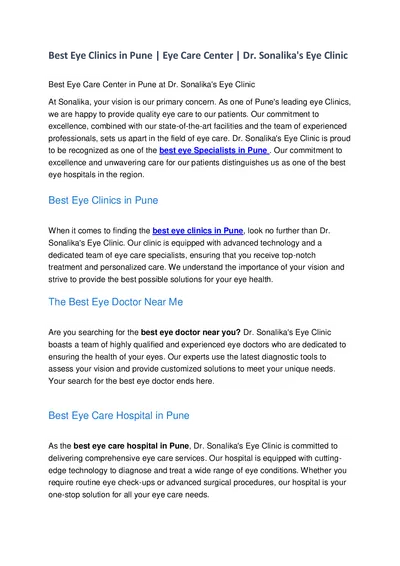PPT-Adoption & Foster Care
Author : SillyGoose | Published Date : 2022-07-28
Seminar Sponsored by Baylor University Human Resources Baylor University Adoption Assistance Program What does it offer Up to 10000 previously 6000 in reimbursement
Presentation Embed Code
Download Presentation
Download Presentation The PPT/PDF document "Adoption & Foster Care" is the property of its rightful owner. Permission is granted to download and print the materials on this website for personal, non-commercial use only, and to display it on your personal computer provided you do not modify the materials and that you retain all copyright notices contained in the materials. By downloading content from our website, you accept the terms of this agreement.
Adoption & Foster Care: Transcript
Download Rules Of Document
"Adoption & Foster Care"The content belongs to its owner. You may download and print it for personal use, without modification, and keep all copyright notices. By downloading, you agree to these terms.
Related Documents














